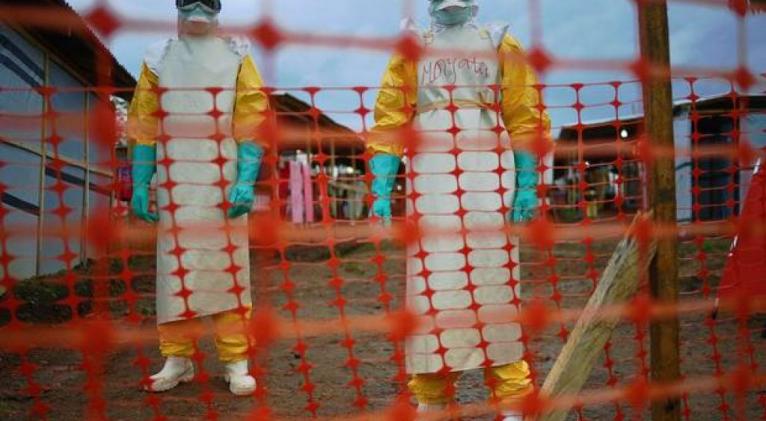Ebola outbreak: Size of problem has been 'vastly' underestimated, says WHO
especiales

The size of the deadly Ebola outbreak appears to have been “vastly” underestimated, the World Health Organisation has warned.
The United Nations body said the disease was continuing to spread with reports of 1,975 cases and 1,069 deaths in Guinea, Liberia, Nigeria and Sierra Leone.
However it added in a statement issued on Thursday: “Staff at the outbreak sites see evidence that the numbers of reported cases and deaths vastly underestimate the magnitude of the outbreak.
“WHO is coordinating a massive scaling up of the international response, marshaling support from individual countries, disease control agencies, agencies within the United Nations system, and others.”
The body said that there was “extraordinary measures… on a massive scale” were required “to contain the outbreak in settings characterized by extreme poverty, dysfunctional health systems, a severe shortage of doctors, and rampant fear”.
In some places affected by the disease, bodies have been left to lie in the street as they are actually more infectious than living people with the disease.
The WHO statement added that no new cases had been found in Nigeria “following the importation of a case in an air traveller last month”.
Meanwhile the World Bank said on Thursday that international agencies were considering emergency food drops to help starving people in parts of Liberia and Sierra Leone that have been cordoned off to help stop the spread of the disease.
Deaths of farmers have meant crops have rotted in the fields, while shops have closed and lorry drivers have refused to take deliveries to affected areas.
Tim Evans, senior director for health at the World Bank, said the Mano River region, home to about 1 million people and an epicenter for the deadly disease, was a major concern.
“There has been a lot of inflation in food prices and a lot of difficulty in getting food to the quarantined population,” he said.
“We are looking at exactly what the needs are and where, and then looking at how we contribute to making sure that food gets to the right places.”
The UN's World Food Programme (WFP) has declared a Level Three food emergency, its highest threat rating, in Guinea, Liberia and Sierra Leon.
It is urgently mobilising teams to get food into the area and prevent widespread hunger and deaths.
“We are pulling out all the stops,” said Steve Taravella, WFP spokesman in Washington.













Add new comment